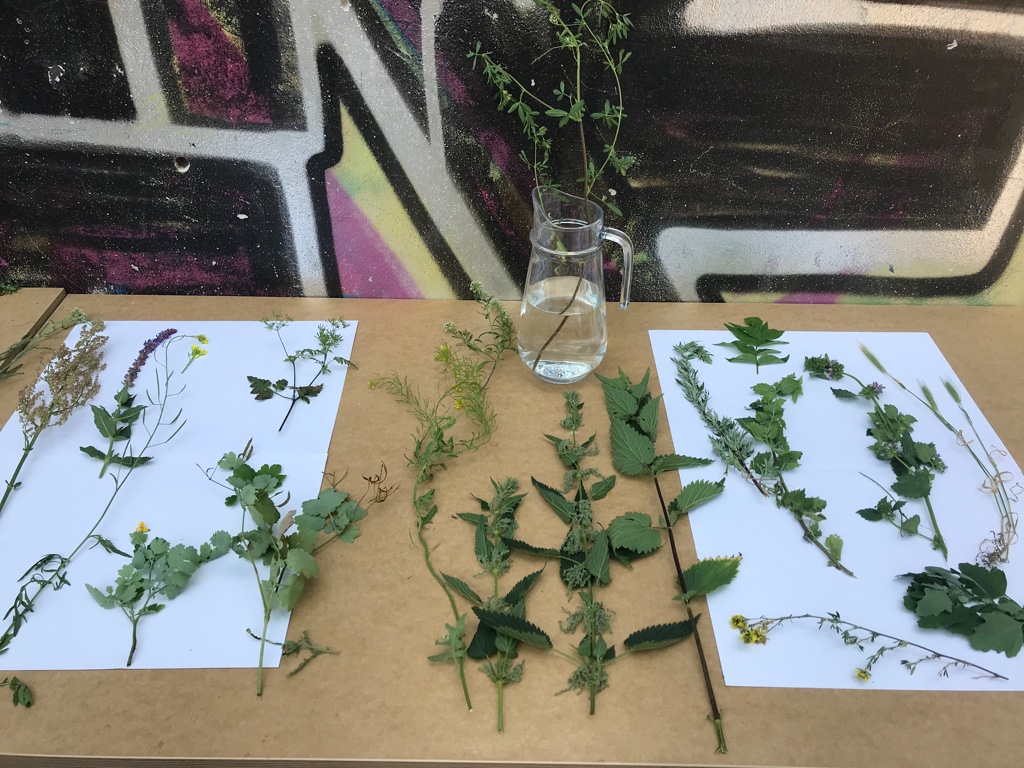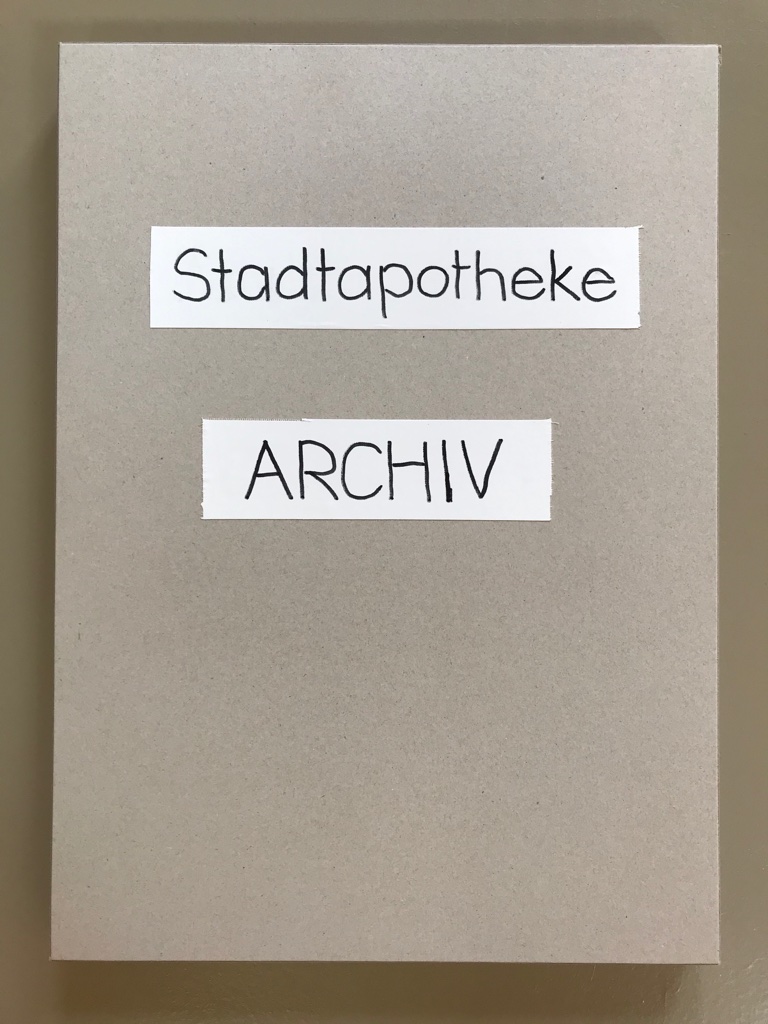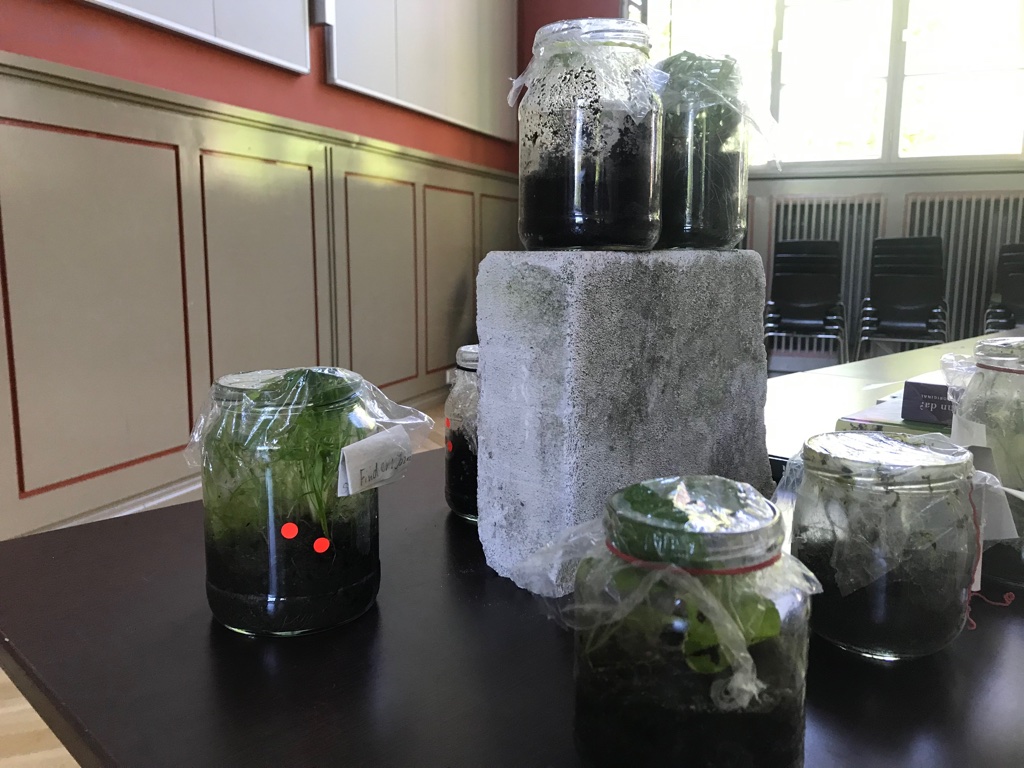What will the world look like in 30 years? Who decides on the measures to combat climate change? What role do money or human or children’s rights play? What would I change if I had something to say?
GOAL 17 is a project by and with two mixed 4th, 5th and 6th grade classes of the Nürtingen primary school in Kreuzberg, Berlin. As part of a creative research project, 45 children examined the UN’s 17 Sustainable Development Goals and associated global and social problems.
In the first project phase, different thematic and methodological approaches were developed in the context of an interview workshop: The students approached the 17 goals and developed questions, researched their environment, conducted interviews with experts and exchanged ideas with adults, i.e. the generations that are currently setting the agenda for their future.
The interviews became the basis of a large three week artistic play workshop, in which the children increasingly became experts themselves, imagining a possible future together. Accompanied by five artists from the fields of music, theatrical improvisation, visual arts, stage and costume design, they became curators of their own research material, designing their own visions of the future and means of involvement in it. They employed the diversity of the group and the potential this provided to understand the global situation, its power relations, its definition of knowledge and their participation with it.
Video Interview Workshop GOAL 17:
The final presentation of GOAL 17 – Children make the world! was a creative vision of the UN’s 17 Sustainable Development Goals, exhibiting living and negotiation spaces, global communication structures and fictitious forms of coexistence for all citizens of the world . The children celebrated their collective proposal, presented to the public performatively and interactively as a large manifesto created by children for children and adults.
Videodocumentation artistic play workshop






We would like to thank all interviewees for giving us their time and knowledge!
We would also like to thank our funding partners:






























